No Season for Selfish Love
(What follows after 'just another' lockdown death?)
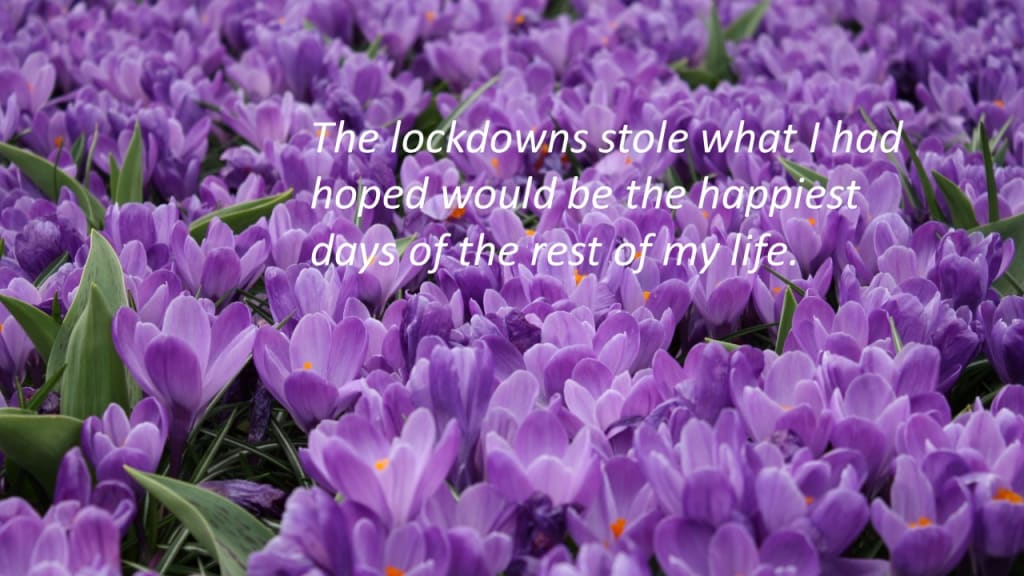
SPRING is my favorite season. Being born in a country with only two - dry and rainy - it was pure delight to be transported at a young age in a country with four seasons.
Seized with the charm of seasons, it spilled into how I marked momentous events in my life.
It was autumn when I first fell in-love. I was sixteen. He was ten years older. We met when my foster mother fell ill and had to be confined in the hospital where my first love was a junior doctor.
It was during the dark of winter when I gave him my heart and my body without any thought for the future.
Spring was beginning when I realized I was pregnant. The crocuses were shooting up the ground which was still wet with traces of snow. The crocus brought me hope and optimism, that the life I was carrying would be acknowledged by the man with whom I invested much faith.
He did not. He returned to the US to continue his residency and escape responsibility. I learned, belatedly, that he had a wife and a child. I wanted to die right there and then.
But I did not die. My foster mother supported me and my baby, who was born in summer. I called her Marigold, after the blooms that brought bright colors and sunshine in the back garden of our bungalow, summer after summer.
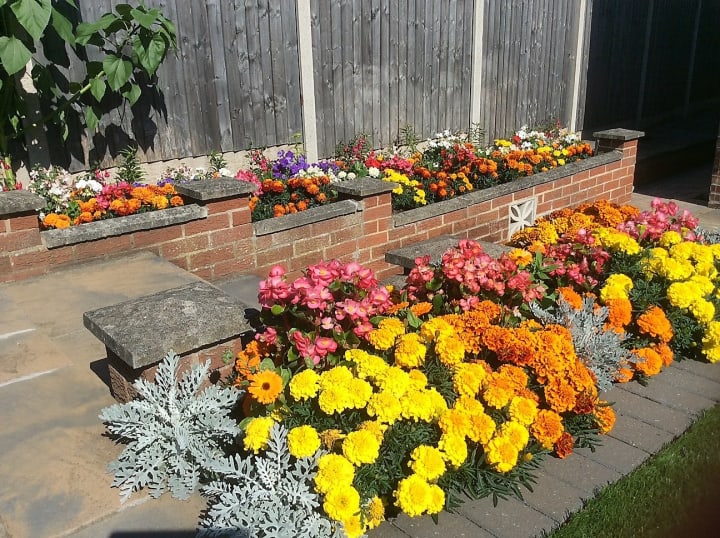
The following seasons marked cheerful and sorrowful occasions. I finished a short course in an art class. Marigold consistently topped her classes. I earned my first royalties as children’s book illustrator. Then my foster mother was diagnosed with breast cancer on the day when the clock was turned back. She lived ten more years, and passed away on a sunny day.
During the funeral, I tried to hold back my tears. I recalled what she said to me, “Don’t cry for me, you hear? I had a blessed life, a loving husband though he died shortly after we adopted you. And you made me happy as a mother. Be good to Marigold as I was to you, and find someone to love you. You deserve to be loved, Rebecca.”
It was summer when Marigold got married. She had only started at the university then. Thomas, my son-in-law who was a fresh graduate, promised me that my daughter would continue with her studies even when their baby was born.
Six months after the wedding, in spring, my grandson James was born.
Seasons came. Seasons went. Marigold focused on her studies and internship. Thomas studied for his master’s degree while working full-time in a global accountancy firm. I became my grandson’s carer. Marigold dropped James in my bungalow most mornings, picked him up after tea. I doted on my grandson even if it affected the timely submissions of my artwork.
It was spring when love found me again. John was connected with the accounting firm where my son-in-law worked. A widower, John was based in the firm’s headquarters in New York, and was only in England for a brief spell.
But no matter the season, as soon as our eyes met, we both knew that we were meant for each other. The connection was instant and powerful. Magical even. But isn’t love magical?
It was Thomas who introduced John to me. John was in Thomas’ office when I arrived. It was school spring break. And as I had a meeting with a children’s book author in the morning, Thomas brought James to his office. The boy couldn’t be left on his own in their house. I was to pick up James at noon, treat him to a McDonald’s lunch, and then bring him back to my home. His mom and dad were due to fly that afternoon for a two-week break in a no-children-allowed holiday resort in Spain.
In the next twelve days, John made it a point to call. We made arrangements for him to either visit me, or take me and James out for a meal. I felt like a new person, experiencing love so pure that made me cry – joyfully, gratefully – every night. Each morning when I got up, I looked out my bedroom, through the glass sliding doors, and absorb the promise of hope in the little patch of crocuses, both yellow and purple, in the garden.
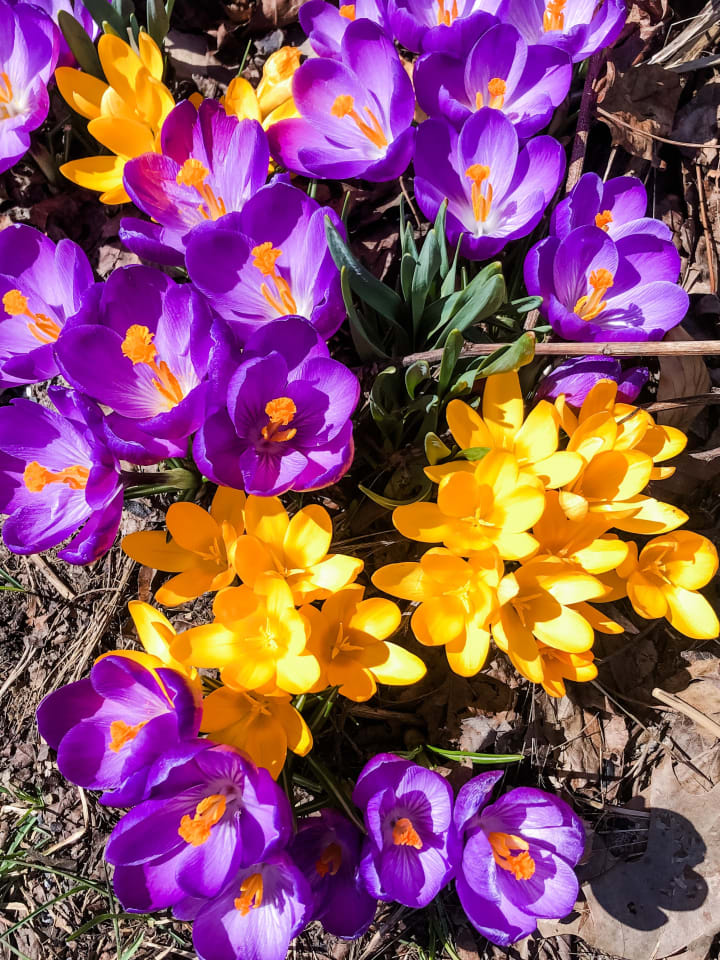
It was spring, and I loved staring at my crocus of hope.
Hope turned to unimaginable despair when, on the twelfth day of my daughter and her husband’s holiday, the little plane they took to bring them back to the capital crashed. No one survived. I felt the darkest hours of winter, even when it was spring.
But there was John. He did not leave me and James during the tumultuous state of affairs: losing an only daughter and her husband, identifying their bodies, repatriating the same and burying them. If not for John, I did not know how I could have coped.
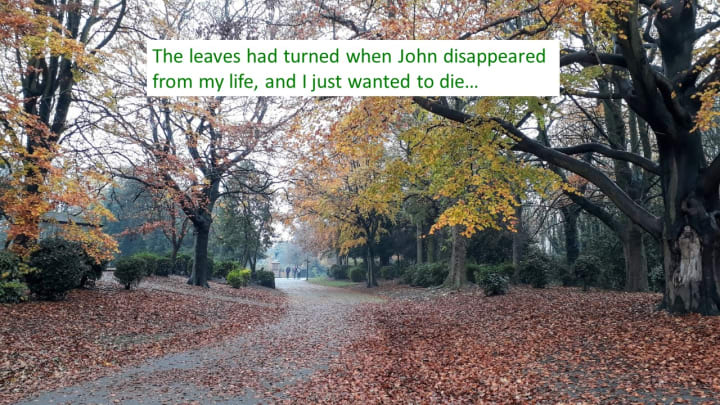
And then John disappeared from my life. No message, no letter, no phone call even. It was autumn. The leaves had turned, and when the wind blew, its howl was akin to the relentless storm in my heart.
I wanted to die but knew that I couldn’t hope nor wish to die. Not yet at least. I had James. He needed more love and caring than ever before.
And so, seasons came and went, came and went as sure as night follows day. James graduated from the university, got a well-paid job, moved in with his girlfriend. I was happy for him. With increasing frequency, however, I felt abandoned. I was living alone, just watching the seasons come and go.
And then, from out of the blue, John appeared at my doorstep. His hair, like mine, had all turned silver. He was older, like me. We hugged each other as if there was no tomorrow. We knew, as we had known some twenty years ago, that we were meant for each other. I didn’t need any explanation on why he suddenly left. I just wanted the summer of his presence and love, even when we were both in the autumn of our life.
He had returned to England to retire. I asked him to move in with me. He did. We got married in a simple ceremony. James did not attend what to me was the happiest day of my life. He said he had important presentations to make for his company’s European clients. He did send gifts, though. A first edition of Winnie the Pooh by A.A. Milne (right up my alley as I never let go of my interest in children’s book illustration), and an expensive little black notebook – for spot sketches which I still did when inspiration struck.
The “wedding gifts” were obviously just for the bride, none for the groom and none for our new civil status. But I thought I understood. John did, too, bless his heart.
Then COVID-19 happened. Lockdown after lockdown was imposed. Those over-60, like John and I, were disallowed to do the usual things we both loved to do: eat out, go for walks, spend a few nights in holiday places in the UK for nature walks. We also regularly went to the local pub for a drink. Chilling at pubs and socializing with the locals was something I did not do, until John’s return. I finally had a life, you see, with someone who loved me selflessly.
John and I were fine even if we felt locked up by the authorities. Despite obeying all lockdown rules, John contracted the virus. From where or from whom, who knew? He was hospitalized, was intubated, and after six weeks in the hospital, died.
It was the end of autumn when he died. The dark hours of winter were just starting. But quickly did its gloom prevail in my being. And why should it not be? I wasn’t there to comfort my John in the hours when he needed me most. I could not be there to even hold his hand; I wasn’t allowed “based on science”. He breathed his last without me by his side.
The lockdowns stole from me what I had hoped would be the happiest days of the rest of my life.

This time, I wanted to die. I really, really do. Not in my own hands, though. My heart, my shattered heart, would reach out to John so that we could be together again.
And as I waited for death to find me, I started writing this, my memoir, on the little black book gifted to me by you, my beloved grandson.
***
THE lockdown was still in effect but thirty people were allowed to attend the memorial service. Rebecca’s grandson and his fiancée, Gina, were the last to arrive.
The couple, however, dropped by first at the lawyer’s office for the reading of the will before the service.
Rebecca’s last will was uncomplicated: three charities were to get cash endowments, the rest would all go to the sole heir, James. But before he left the office to join Gina in the waiting room, the lawyer handed him two brown envelopes.
“Your grandma,” the lawyer advised, “wanted you to read first what’s in the smaller envelope.”
James asked Gina to drive. “I want to read what nan had written for me.”
James was surprised that there were no sketches in the little black book, just his nan’s memoirs. He became upset as he reached the parts about John.
He was filled with tears as he reached the end of the memoir. It was more like a note –
The $20,000 is my wedding present for you and your fiancée. The postcards? I found those hidden in the inner jacket of your old school notebooks.
Worry not. John and I had long forgiven you.
Look at the crocus as my earnest hope in being reunited with my John, forever.
James, pale as a ghost and feeling a chill in his spine, opened the other envelope, saw the cash but took the old postcards. The messages on those were similar:
Darling R,
Had to urgently return to the US.
Come join me here, please? For keeps.
Call me anytime, I beg of you (+19176737749).
John XXX
James burst into tears. He had forgotten those postcards sent by John to his nan, postcards that he deliberately hid from her. He was jealous of John. James did not want his nan to love anyone. He had lost his mom and dad. If his nan were to love John back and join him overseas, what would happen to him?
Gina chose to let James pour his grief.
When they reached the church where the service would be held, Gina asked James to get out of the car while she parked. “We’re almost late as it was,” she added.
At the entrance, a neighbor who was there for the service stopped James to express her condolences, asking, “What did your nan die of? I understand that she wasn’t ill at all. I never knew her to be ill, ever.”
“She died of a broken heart,” James said, voice breaking, “and it’s my fault.”
Gina who was behind them tapped James’ arm and led him towards the front. “The service is about to start.”
The front pew, reserved for family members, was empty.
Right smack in the middle of the pew were two crocuses.
Look at the crocus as my earnest hope in being reunited with my John, forever.
James, remembering his nan’s last words in the little black book, was stunned. His overwhelming guilt somewhat abated. But he still wept, like when he was a child of ten, orphaned, and shackled by selfish love for his nan.
***
Follow me on Facebook, WordPress, Twitter and Instagram
Email me – [email protected]
Did you enjoy reading this post? If so, give it a heart and/or a share. A tip will be much appreciated, thank you. :-)
About the Creator
Josephine Crispin
Writer, editor, and storyteller who reinvented herself and worked in the past 10 years in the media intelligence business, she's finally free to write and share her stories, fiction and non-fiction alike without constraints, to the world.




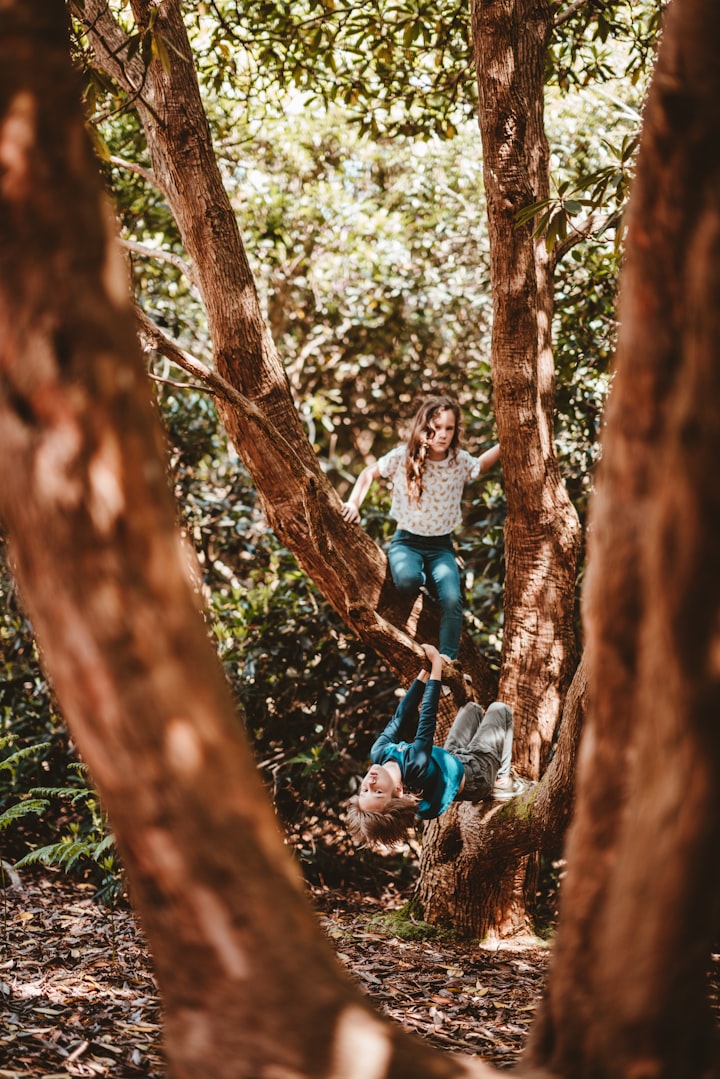

Comments
There are no comments for this story
Be the first to respond and start the conversation.